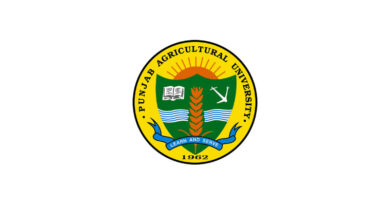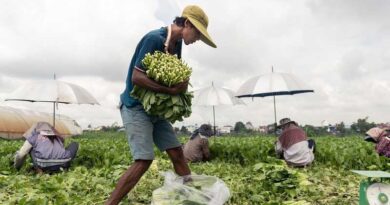Why we need a skills framework for agriculture
25 July 2023, Africa: Agriculture has changed dramatically over the last 50 years. Technological progress and scientific research are constantly reshaping the roles within agriculture and the skills required to do them. As such, it is essential to have a well-defined skills framework to guide the workforce. The Skills for Agriculture (SfA) is a structured approach to identifying, developing, and assessing the agricultural industry’s required skills.
Here we explore the importance of having a skills framework specifically tailored to the agricultural sector.
What is a skills framework?
A skills framework provides a standardised and comprehensive structure that defines the skills, knowledge, and competencies needed for different roles within an industry. It outlines the specific abilities and proficiencies required for each job function. In this way, it allows employers and employees to align their efforts towards achieving organisational goals. A skills framework helps streamline recruitment, training, career progression, and performance management processes by clearly defining the skills required for success in various positions.
Why do we need a skills framework in agriculture?
The agricultural industry is undergoing significant transformations due to technological advancements, evolving market demands, and environmental challenges. Therefore, the Skills for Agriculture must address the sector’s unique requirements.
Here are some key reasons why we need the Skills for Agriculture:
Addressing technological advancements: With the advent of precision agriculture, automation, and data analytics, the skills needed in agriculture are rapidly evolving. A skills framework ensures farmers, agronomists, and other professionals have the necessary competencies to leverage technology effectively.
Promoting sustainable practices: As the focus on sustainable agriculture intensifies, there is a growing need for skills related to sustainable farming, regenerative practices, and agroecology. A skills framework can help define and promote these practices, fostering environmental stewardship and resource efficiency.
Bridging the skills gap: The agricultural sector faces a significant skills gap, with a shortage of qualified workers to meet the industry’s demands. A skills framework facilitates the identification of critical skill areas and helps design targeted training programs to bridge this gap.
Enhancing productivity and innovation: A skills framework encourages continuous learning and professional development by clearly defining the skills necessary for innovation and productivity. It enables agricultural professionals to stay updated with industry trends and techniques.
The Skills for Agriculture underpins CABI’s learning platform, CABI Academy. The ever-growing range of courses on the CABI Academy develop and build plant health skills. They are particularly relevant to those working in farmer advisory roles.
As such, the Skills for Agriculture will play a vital role in supporting the agricultural industry’s growth and adaptability. Providing a structured approach to defining and developing the necessary skills, the Skills for Agriculture will help the workforce remain capable of meeting evolving challenges.
(For Latest Agriculture News & Updates, follow Krishak Jagat on Google News)















